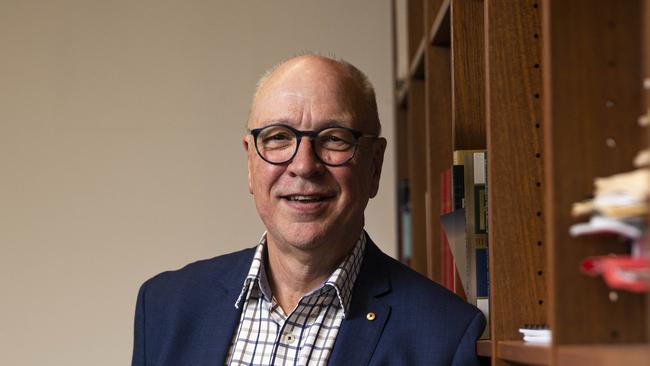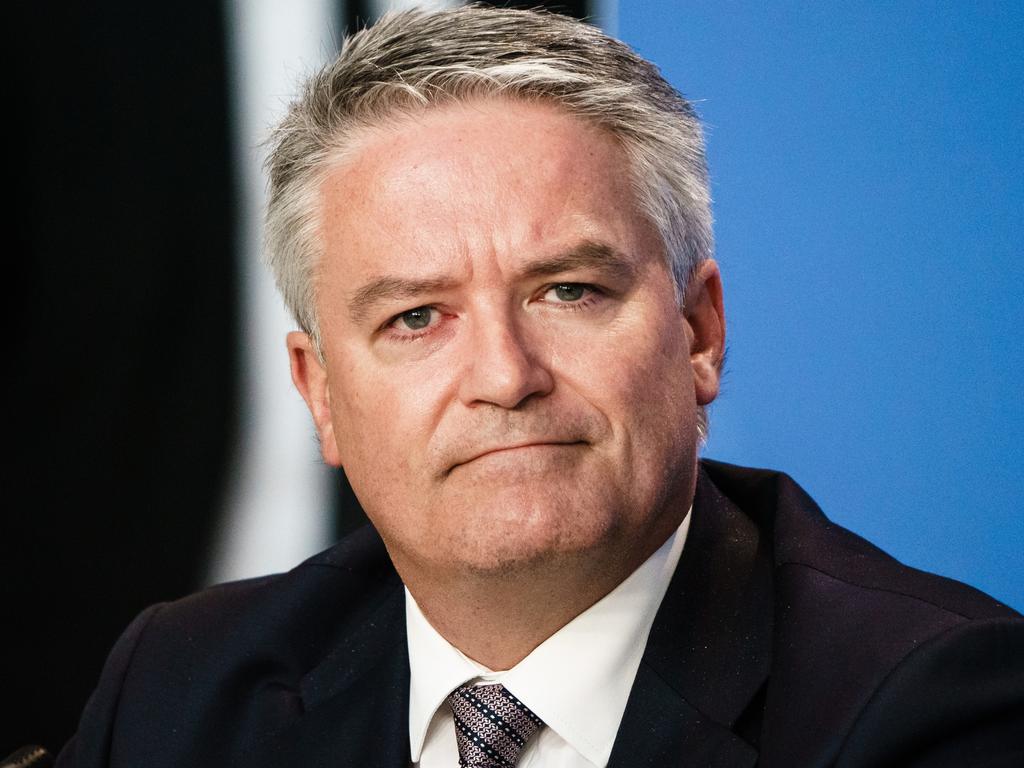Australia in fight for skilled migrants as shortages hit
Australia needs an efficient migration system to help overcome skills shortages, says new skills director.

Australia’s new skills guru says the nation will need a “very efficient” migration system or risk losing skilled labour to countries such as Canada and Britain.
Peter Dawkins, announced this week as interim director of the federal government’s Jobs and Skills Australia, said “there are still people who want to come to Australia” after the disruption to the migration program during the pandemic, but he said the nation was competing with several other countries that, like Australia, had close to full employment and shortages of skilled workers.
“If you’ve got a very complex migration system with all sorts of rules and complications and bureaucracy and lags, and other countries come up with a migration system that’s more streamlined and has incentives in it, then ...” he said.
In an interview for The Deal, Professor Dawkins said Australia needed an efficient skills system and labour market to overcome the skills shortages but the crisis “puts a sharp focus on our migration system too”.
“People are saying the whole migration system needs to be simplified, (that) there needs to be less categories of migrants,” he said. “And then there’s another hypothesis that we need to have a simpler way of using our information about skill needs. It’s something we’re going to look at.”
He said a convergence of achieving close to full employment and a reduction in migrants during Covid-19 had caused Australia’s skills system to “crack”, leaving us with shortages that could threaten productivity.
Professor Dawkins, one of Australia’s most renowned labour market economists and educationalists, will be interim director while the government consults on JSA’s final model and carries out a selection process for the top job next year.
He has had a long career in policy formulation, including as head of the Melbourne Institute of Applied Economics and Social Research from 1996 to 2005. From 2011 to 2020, he was vice-chancellor at the dual-sector Victoria University where he implemented a radical block teaching method and advocated strongly to “break down the divide between higher ed and (vocational education and training)”.
He said our employment success was testing our skills system but it was not all bad. “We can’t afford to be lazy about the skills system, we need to make it operate effectively, and make sure we’ve got a very good way of matching the skills we’re producing with the jobs available.”







To join the conversation, please log in. Don't have an account? Register
Join the conversation, you are commenting as Logout